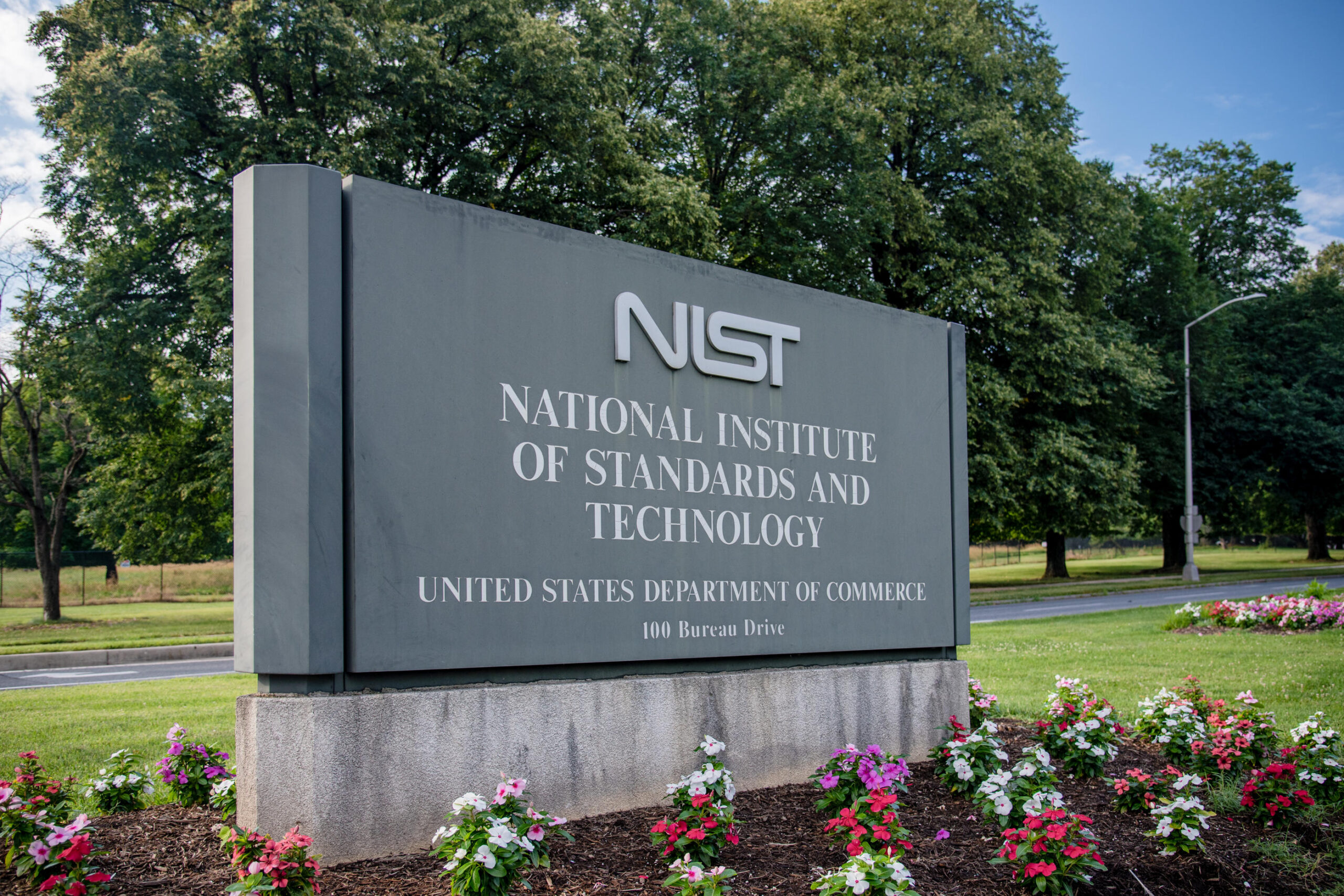
Researchers are turning their attention to metformin — a drug long used in the management of type 2 diabetes — for its possible role in treating colon cancer. Preliminary studies indicate that the medication may help boost the effectiveness of current cancer therapies, particularly in cases involving aggressive tumors with mutations in the KRAS gene.
Colon cancer is among the most common types of cancer globally, and KRAS mutations are a known marker for poor prognosis and treatment resistance. These mutations are present in a significant subset of colon cancer cases, making effective treatment strategies a critical area of ongoing research.
The appeal of metformin lies not only in its potential therapeutic properties but also in its affordability and well-documented safety profile, having been used for decades to regulate blood sugar in diabetic patients. Early laboratory research suggests that the drug may sensitize cancer cells to existing treatments or slow their growth, especially in tumors with KRAS mutations.
However, researchers caution that the findings are still in early stages. While the preliminary data are encouraging, more preclinical studies — particularly involving animal models — are necessary to better understand how metformin interacts with cancerous cells. Only after these studies are completed can clinical trials involving human patients begin.
If further studies confirm metformin’s effectiveness in enhancing colon cancer treatment, it could provide a cost-effective and widely accessible addition to oncological care, particularly for patients facing limited options due to genetic mutations in their tumors.
Source: https:// – Courtesy of the original publisher.





